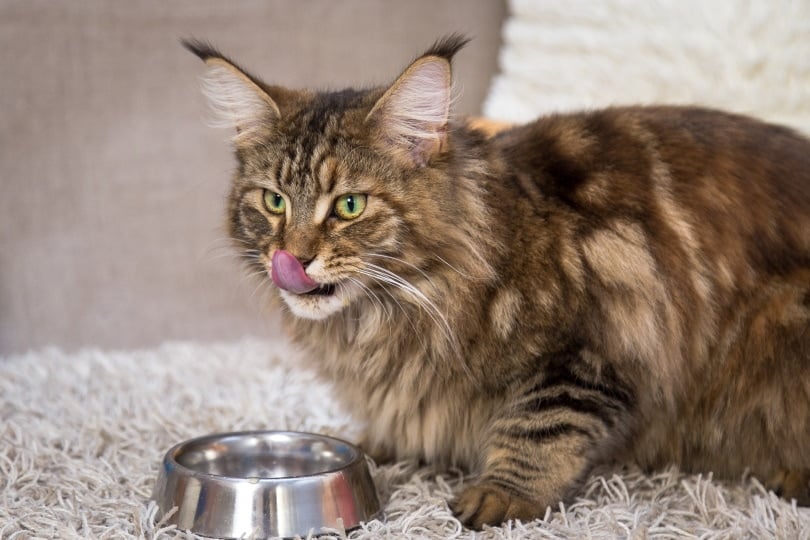Cats are known as obligate carnivores, meaning that their diet primarily consists of animal protein. However, it is not uncommon for cats to consume certain plant materials without facing any significant issues. In fact, some plants can provide nutritional benefits to cats. For instance, pumpkin can improve digestion due to its high fiber content, and grasses can help expel parasites from the stomach.
Now, you might be wondering if cats can eat lychee. After all, it’s a fruit and not green like the plants mentioned earlier. The good news is that cats can eat lychee without worrying about any serious side effects. So, if your curious feline happens to snatch a lychee and take a bite, there’s no need to panic. However, there are a few important things to consider before offering your cat this delicious fruit.
How Lychees Can Benefit Cats
Cats cannot taste sweet, so they might not be particularly interested in eating lychee fruit. However, some cats enjoy the fruit because of its texture and water content. If your cat happens to develop a liking for lychees, they can reap some benefits. Lychees are rich in water, which can help keep your cat hydrated, especially on hot days. Additionally, this tropical fruit contains ample amounts of fiber, supporting a healthy digestive system. Lychee fruit also contains various vitamins and minerals that can contribute to your pet’s overall health.

Image by: Lita Keire, Shutterstock
However, it’s crucial to keep in mind that lychee should be consumed in moderation. Just like any other snack, it should be offered occasionally and not incorporated as a staple in their diet. When it comes to providing nutrients, it’s better to rely on animal sources such as plain cooked chicken meat for treats.
Cautions That You Should Know
Before you feed your cat any lychee fruit, there are a couple of important cautions to keep in mind. Although the skin of the lychee fruit is not toxic to cats, it shouldn’t be consumed. The skin is tough and difficult to chew, so it’s best to remove it completely. Additionally, each piece of fruit contains a large seed or pit, which can pose a choking hazard. Therefore, it’s important to open the lychee, remove the seed, and then offer the fruit to your furry family member.
Preparing Lychee for Your Cat
Apart from removing the skin and seed, there are no special preparations required when offering lychee to your cat. However, keep in mind that skinning and deseeding lychee can be a messy task. It’s advisable to handle lychee outside, allowing the fruit’s juices to fall freely to the ground. Alternatively, you can work with lychee over the sink or on a large cutting board.
Using a knife to cut the lychee in half can make it easier to remove the skin and seed, but be prepared for the juice. If you prefer to skip the preparation process, you can find canned or frozen lychee at Asian markets or local grocery stores. However, ensure that these prepared lychees do not contain any added sugar or unnecessary fillers. Such additives can lead to problems like weight gain and diabetes. If you decide to go for prepared lychees, consider freezing them. This way, you can easily break off a small piece whenever you want to offer your cat a treat, keeping the lychee fresh for months.
Frequently Asked Questions
Q: Can cats eat lychee skin?
A: Although the skin of lychee fruit is not toxic to cats, it is tough and difficult to chew. Thus, it is best to remove the skin before offering lychee to your cat.
Q: Is the lychee seed poisonous to cats?
A: The lychee seed, also known as a pit, is not toxic to cats. However, it presents a choking hazard, so it should be removed before giving the fruit to your cat.
Q: How often can cats eat lychee?
A: Cats should only be offered lychee as an occasional treat and not as a daily part of their diet.
Conclusion
Lychee is a sweet and delicious fruit that we humans can indulge in. However, when it comes to cats, it’s essential to exercise caution. Regardless of how much your cat enjoys eating lychee, they should never be offered more than one piece of the fruit during meal or snack times. Lychee fruit should be enjoyed on rare occasions, rather than being a regular part of a cat’s diet.
For more information and expert advice on pet care, visit Pawsoha.